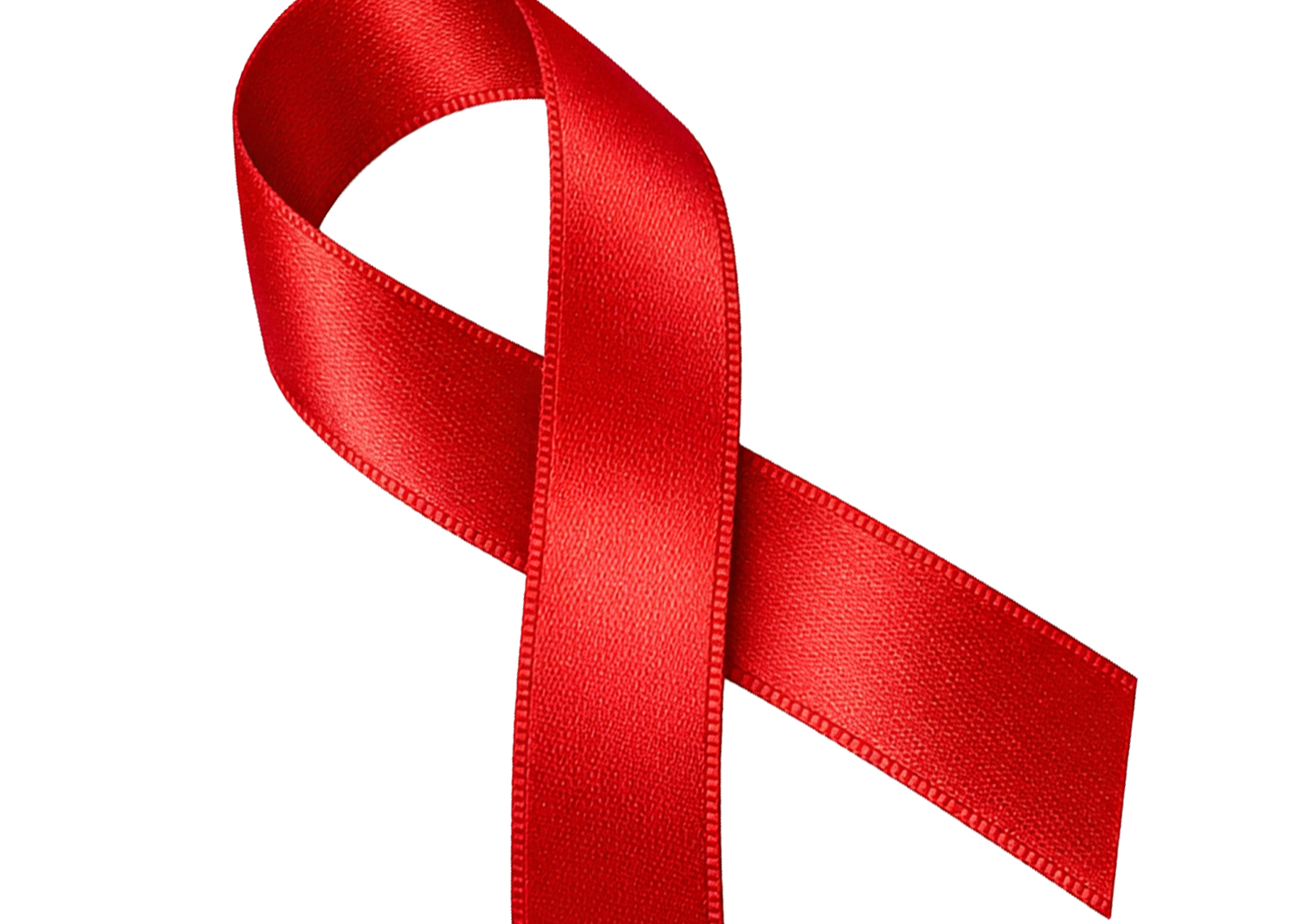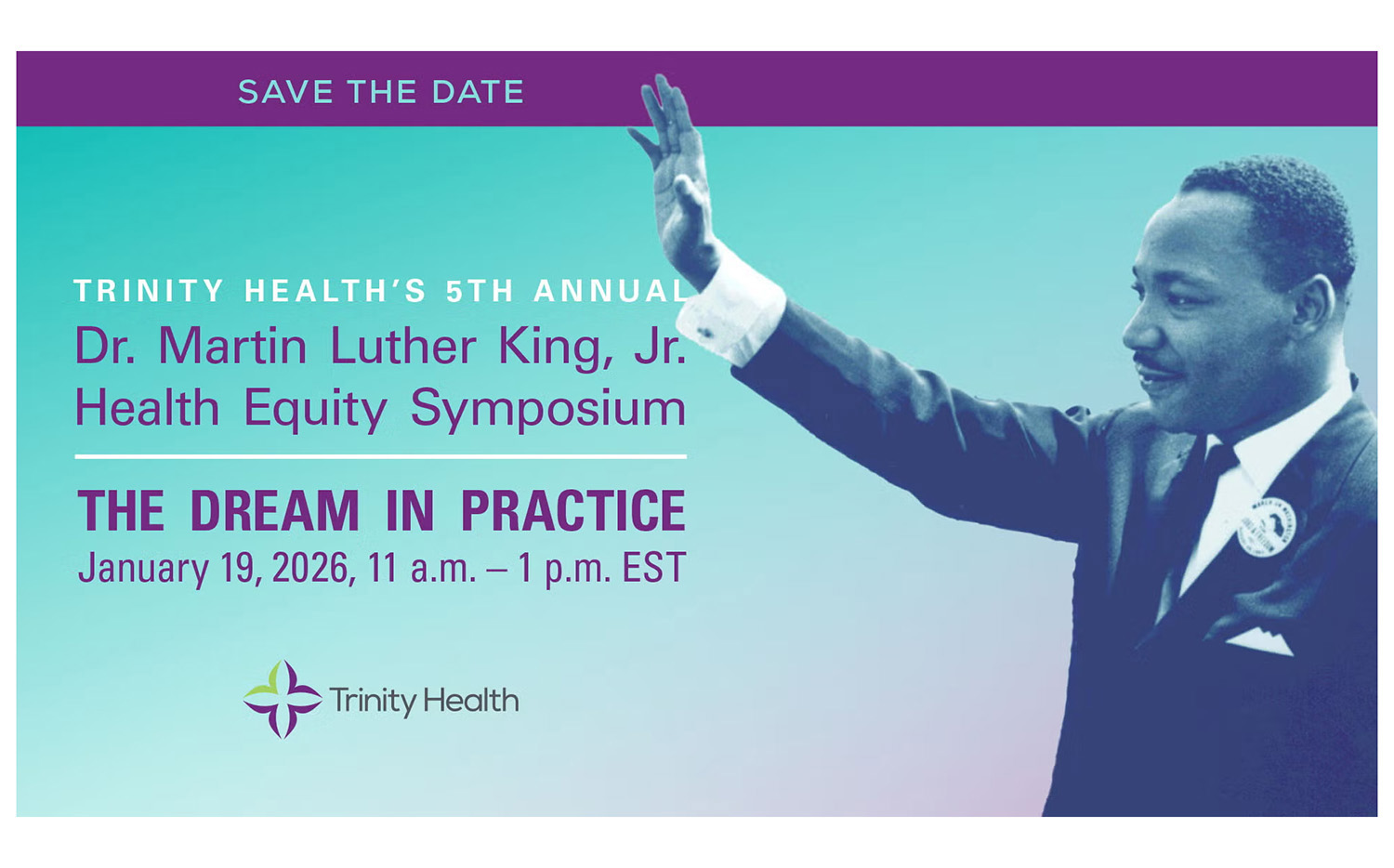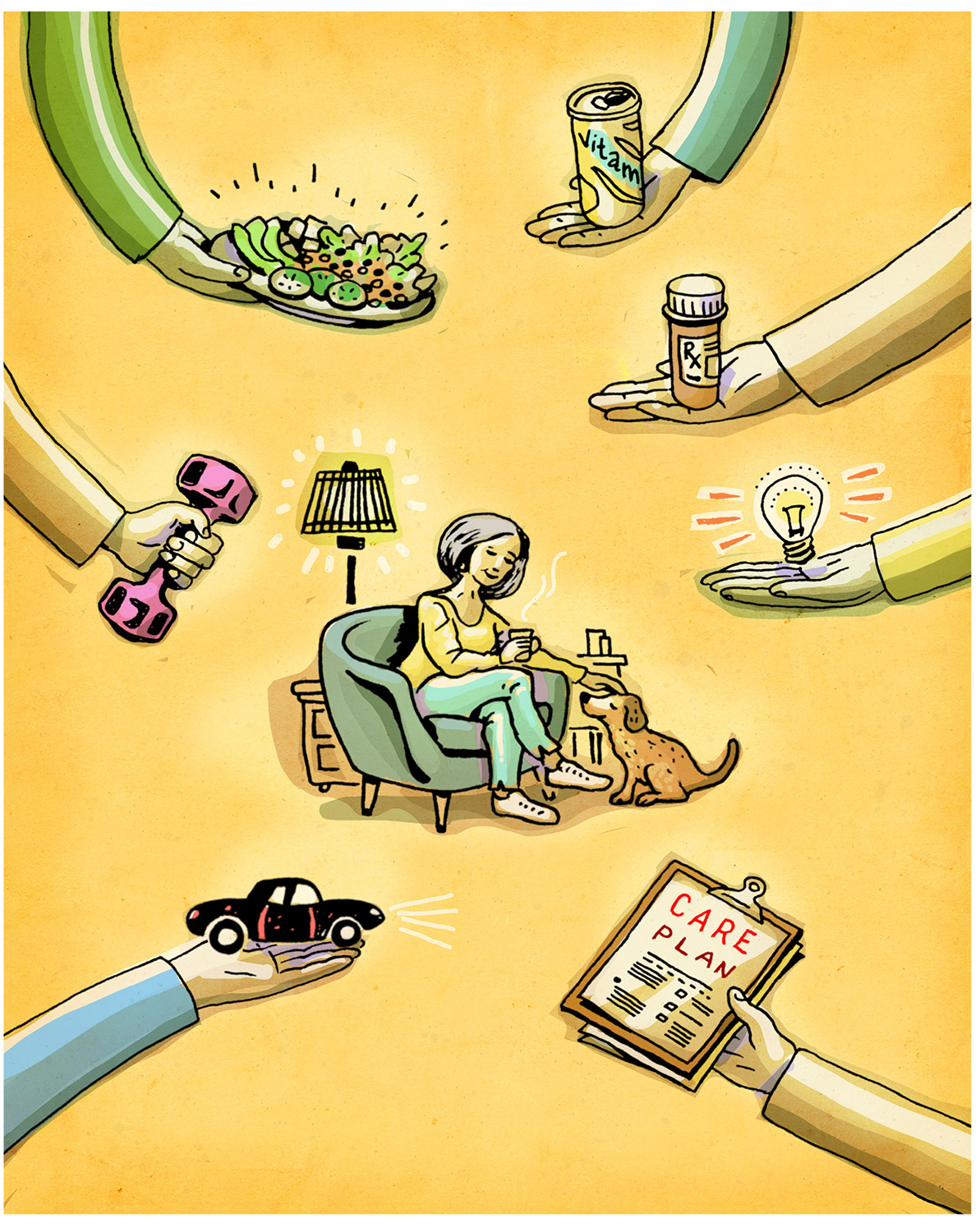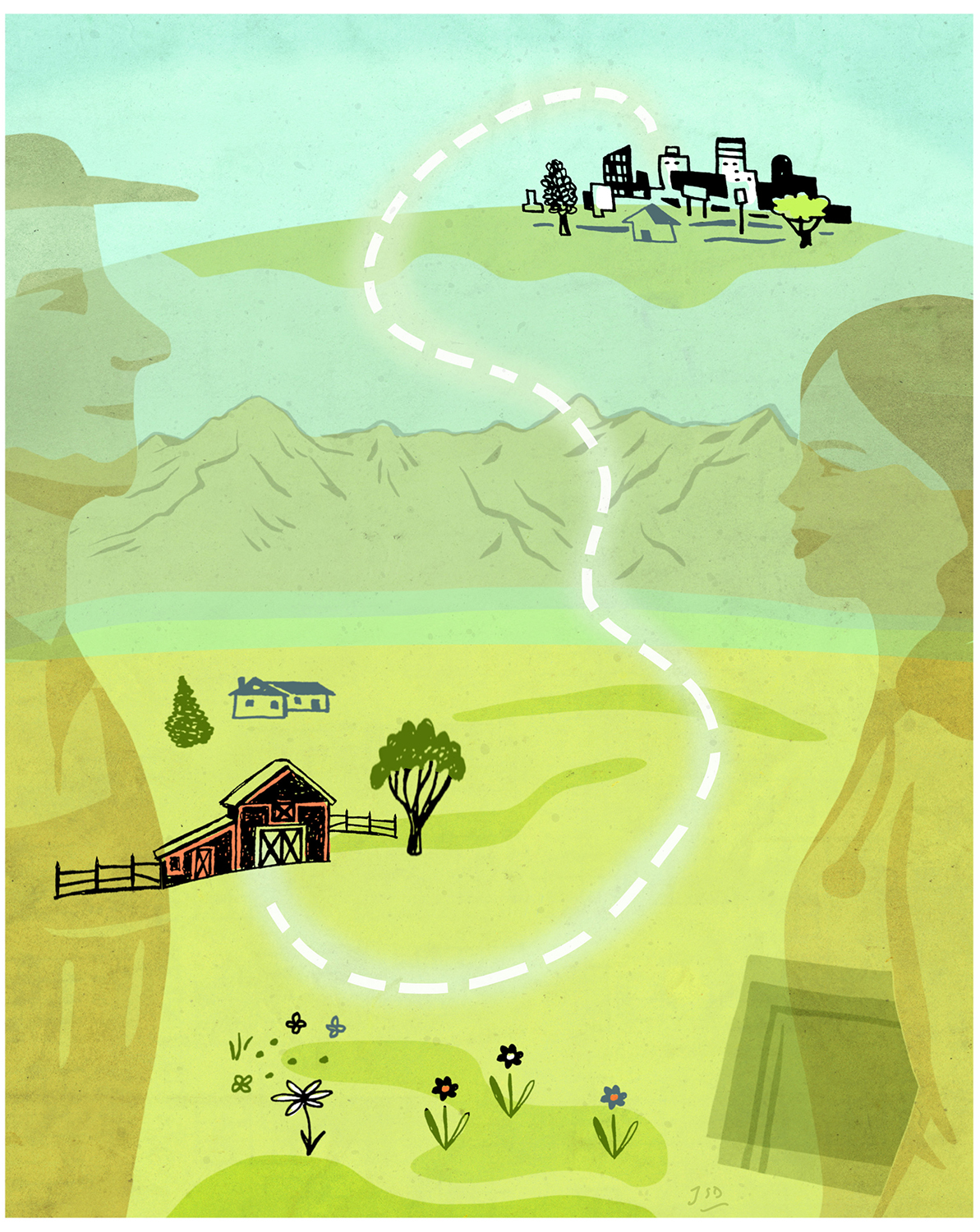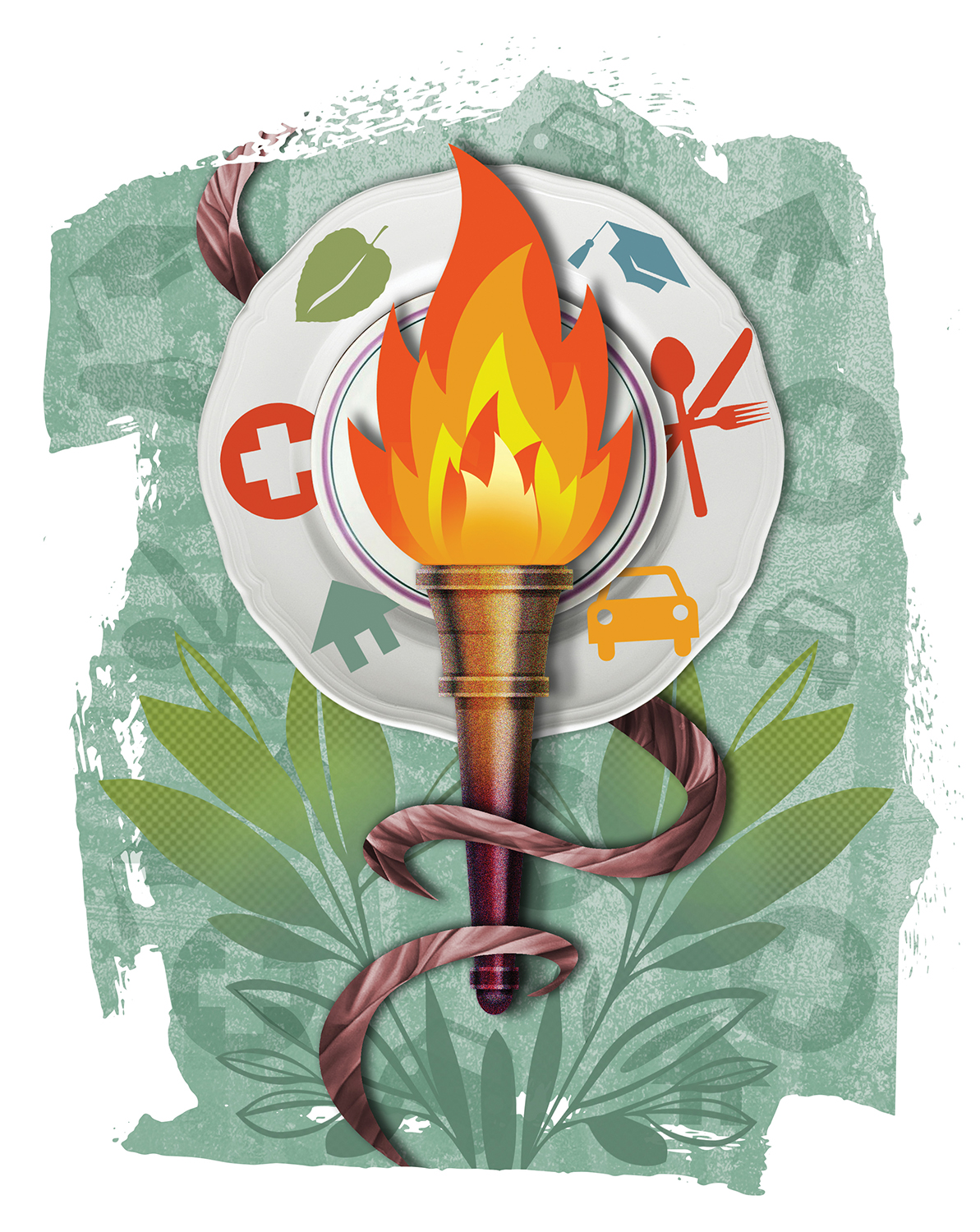We Are Called
Confronting Racism by Achieving Health Equity
Racism within any context is an affront to the core values of Catholic social teaching, which acknowledges the inherent dignity of each person, calls for the furthering of the common good and seeks justice through solidarity. Catholic health care recognizes the profound effect racism has on the health and well-being of individuals and communities and is committed to addressing the systemic causes of health disparities among underserved and vulnerable populations.
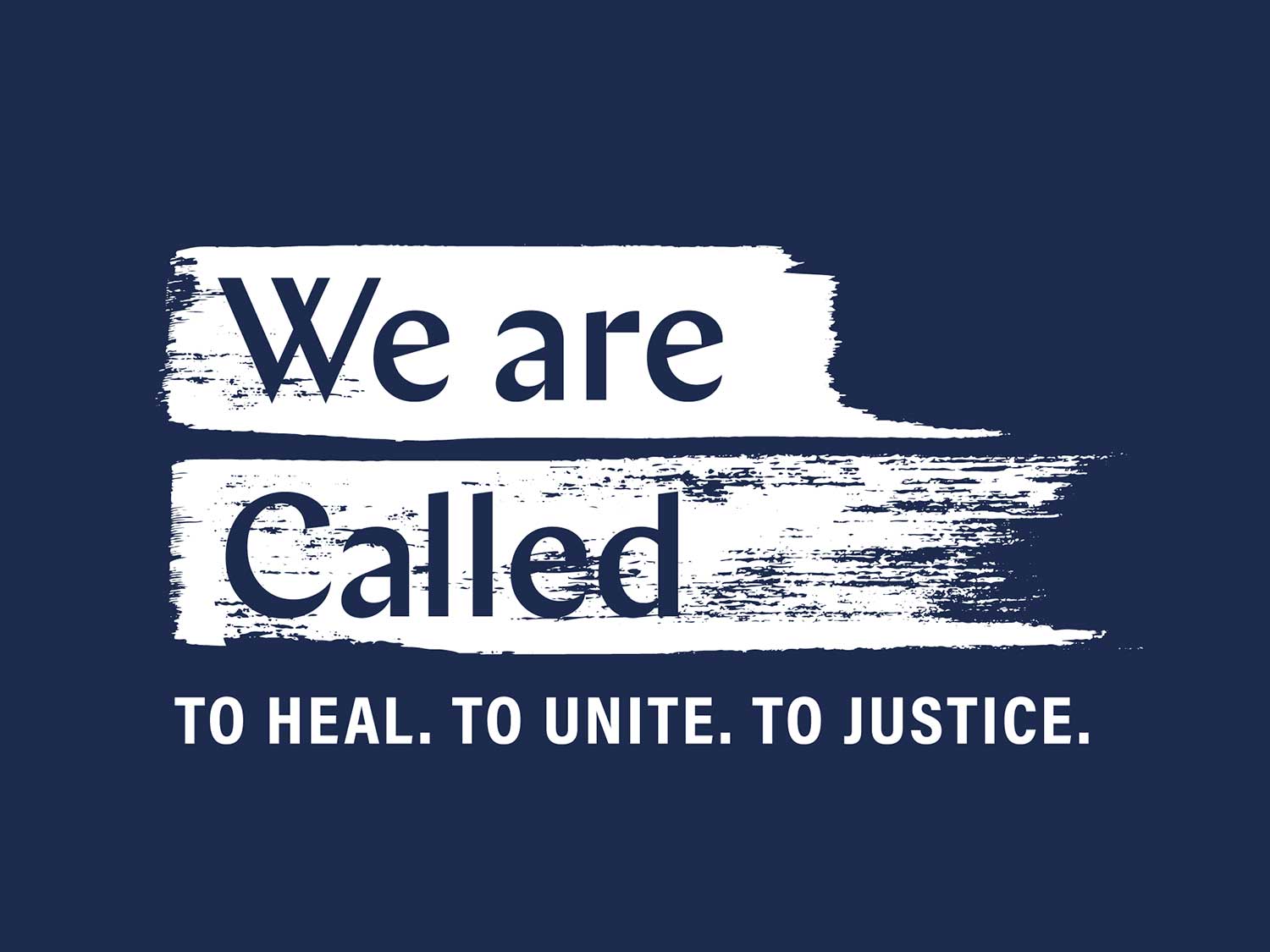
CHA Articles
Season 4: Episode 2 - Roadmaps to Health Equity
The road to health equity is long, and many hospitals and healthcare facilities are on different parts of the journey. How do we gauge best practices and strategies for different parties?
Several guests join this episode of Health Calls to discuss ongoing efforts to help hospitals across the United States: Kathy Curran, Senior Director of Public Policy for the Catholic Health Association; Joy Lewis, Senior Vice President for Health Equity Strategies for the American Hospital Association, and Executive Director of the Institute for Diversity and Health Equity; and Leon Caldwell, Senior Director of Health Equity Strategies at the American Hospital Association. They discuss the history of the AHA’s efforts and how the two associations have collaborated in the work of Diversity, Equity, Inclusion, and Belonging.


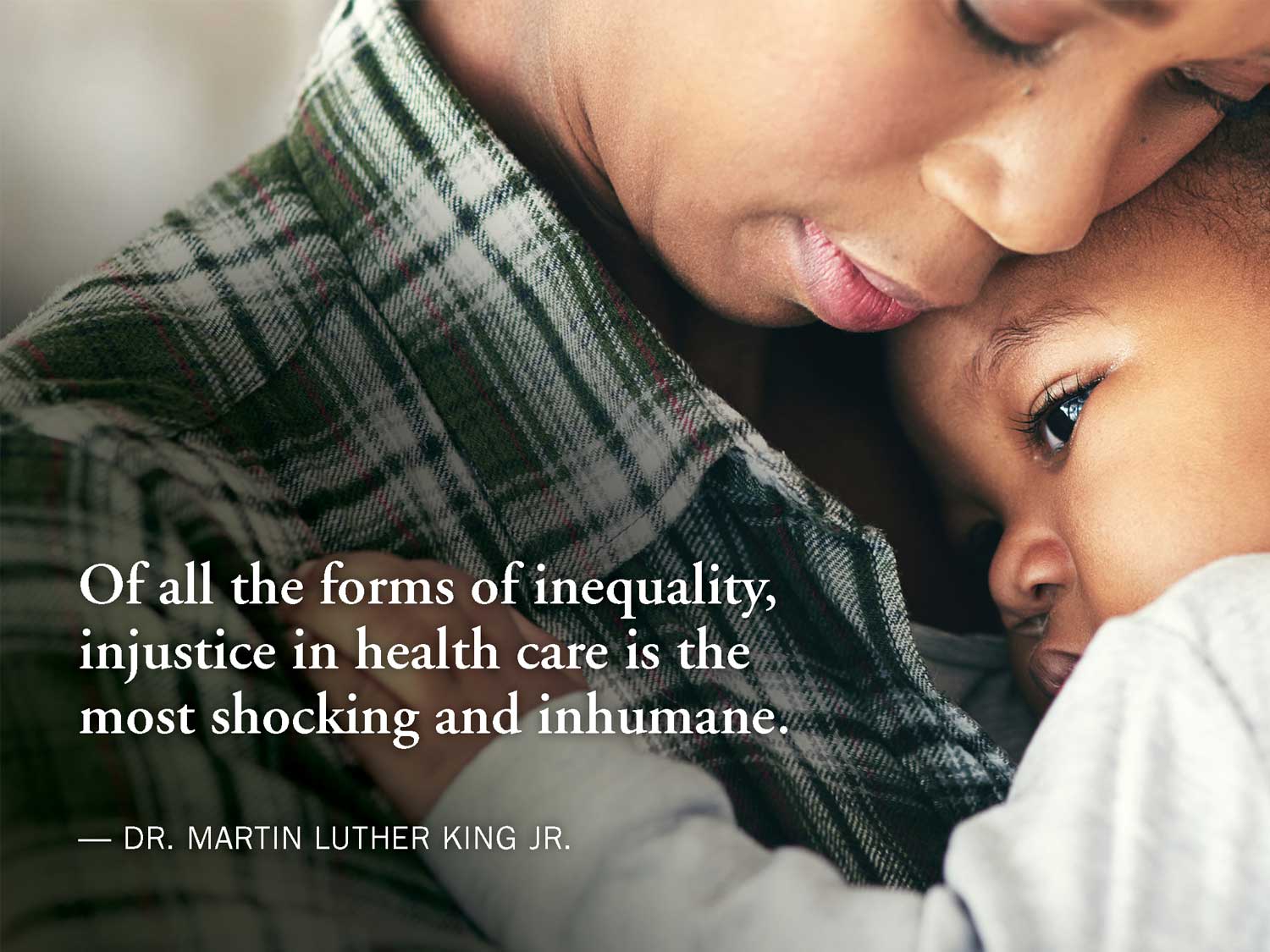
.jpg?sfvrsn=29294c48_1)
.jpg?sfvrsn=310370b8_2)



